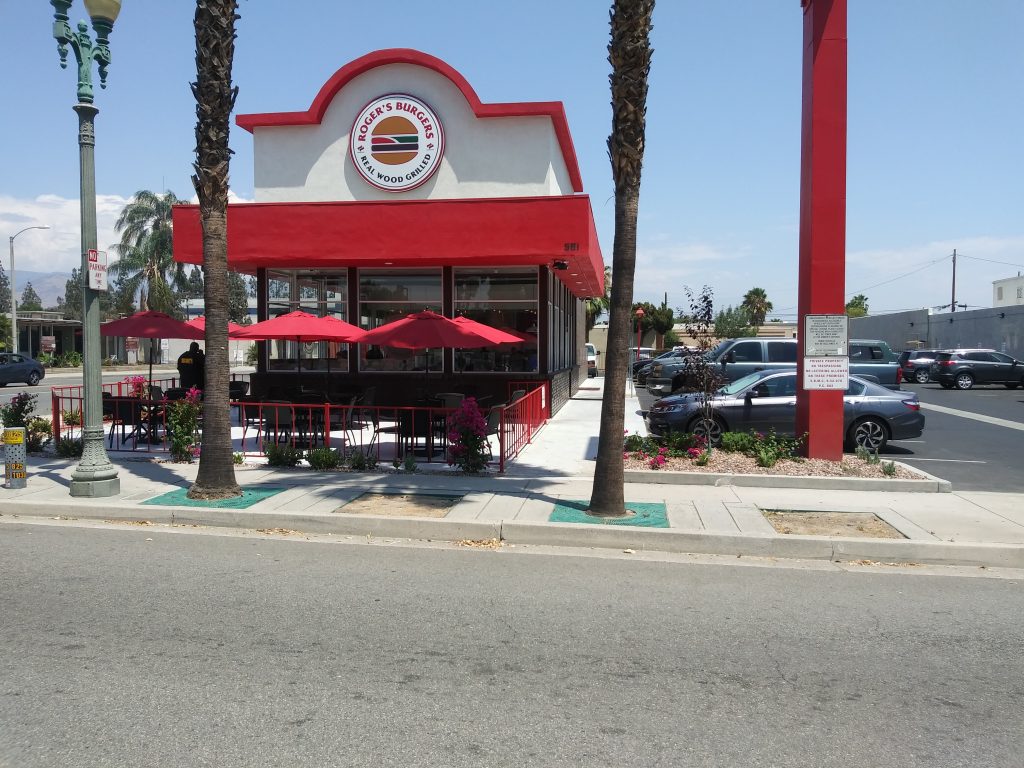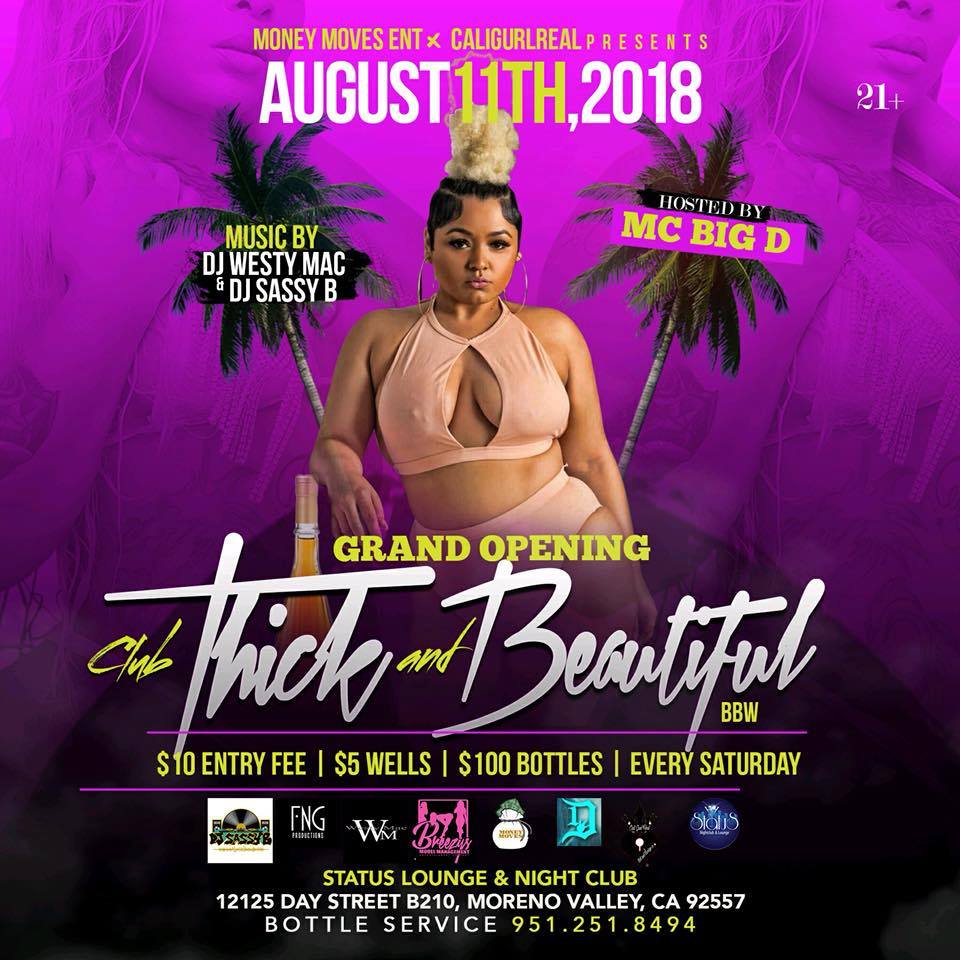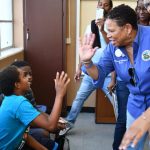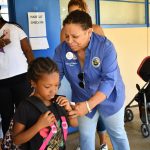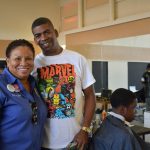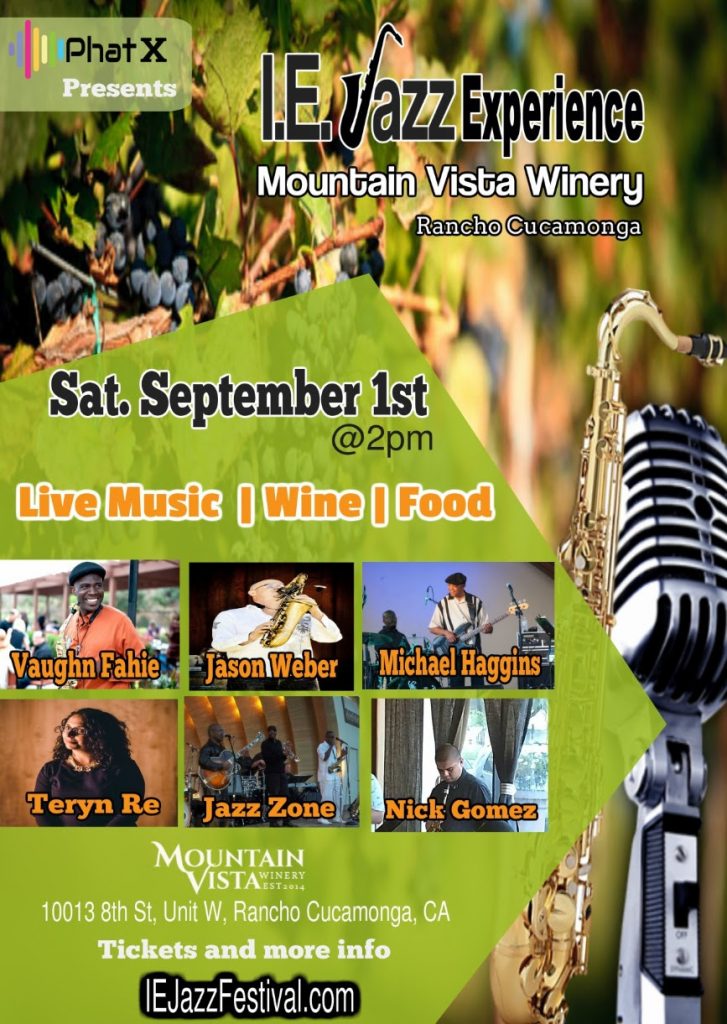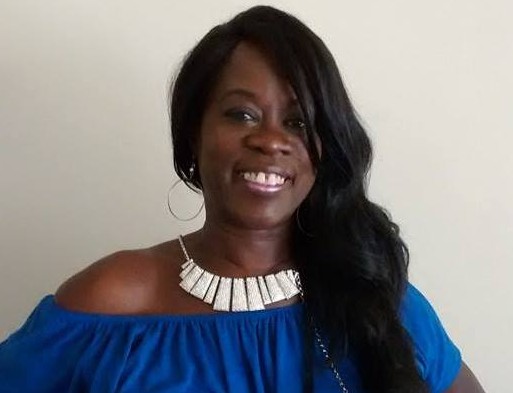(EMPIRE NEWS NETWORK (ENN)- MONTCLAIR, CA— Sterling Venue Ventures, the owner and operator of five premier live music and event venues throughout Southern California, announces planned expansion with the opening of The Canyon Montclair, conveniently located at Montclair Place. Owner/CEO Lance Sterling comments, “We are ready to roll, and excited to open our new venue.”
With the advent of the new venue, residents of Montclair and the surrounding area can expect to see a dynamic array of iconic classic entertainers without having to make the trek into Los Angeles and other distant locations. Artists as acclaimed and diverse as Stone Temple Pilots, Styx, Todd Rundgren, Smokey Robinson, Paul Anka, Foreigner, Air Supply, Psychedelic Furs, Kris Kristofferson and Kenny Loggins have all played Canyon venues within the past year, and the new Inland Empire venue will likewise host concerts of this elite stature.
At The Canyon patrons enjoy an intimate setting far superior to attending concerts at some of Southern California’s larger theatres and arenas where the actual entertainers are so far away they can barely be seen. At The Canyons, no seat is further than 70 feet from the stage, the sound and lighting are top-notch, and video screens enhance the performance.
In addition to the intimate, state-of-the-art concert experience The Canyons also feature full dinner service at every event, turning each concert into a true night on the town. Fans can enjoy a diverse menu prior to the show, and then retain their comfortable table seating for the remainder of the evening.
Further, all of SVV’s Canyon venues are available for special events and private parties, and the ambiance of the venues along with the menu selections, can be transformed to fit the thematic pulse of any special occasion.
Other venues under the SVV/Canyon umbrella include The Canyon Agoura Hills, The Canyon Santa Clarita, The Canyon at The Rose in Pasadena, The Canyon at The Saban in Beverly Hills, and The Canyon Concert Series at The Libbey Bowl in Ojai.
Residents of Montclair and surrounding areas are encouraged to visit: www.wheremusicmeetsthesoul.com, where, not only can they learn more about The Canyon, but will also have the opportunity to communicate directly to The Canyon management team with regard to the artists they would like to see up close and personal at the new location.
More About The Canyon & Sterling Venue Ventures:
Sterling Venue Ventures is solely owned by Lance Sterling, one of the original founders of The House Of Blues. The company produces over 700 concerts per year in Southern California. The company’s management team owns decades of experience in promotion, finance, marketing, and the execution of concerts performed by national headlining talent. Each of Sterling’s Canyon venues have become well known throughout Southern California as prime entertainment destinations for the 30+ demographic.
Lance Sterling, who is also a chef, an avocado farmer, and football coach, envisions each of his venues as a place not only to enjoy great live music, but also to sit and relax over dinner with good friends for a great night out. The delightful ambience that fills all of the Canyon venues illustrates the SVV slogan – “Where the Music Meets the Soul”.
For more information about the Sterling Venue Ventures Canyon locations, “Where Music Meets The Soul,” please visit:
http://wheremusicmeetsthesoul.com
 Westside Story Newspaper – Online The News of The Empire – Sharing the Quest for Excellence
Westside Story Newspaper – Online The News of The Empire – Sharing the Quest for Excellence
